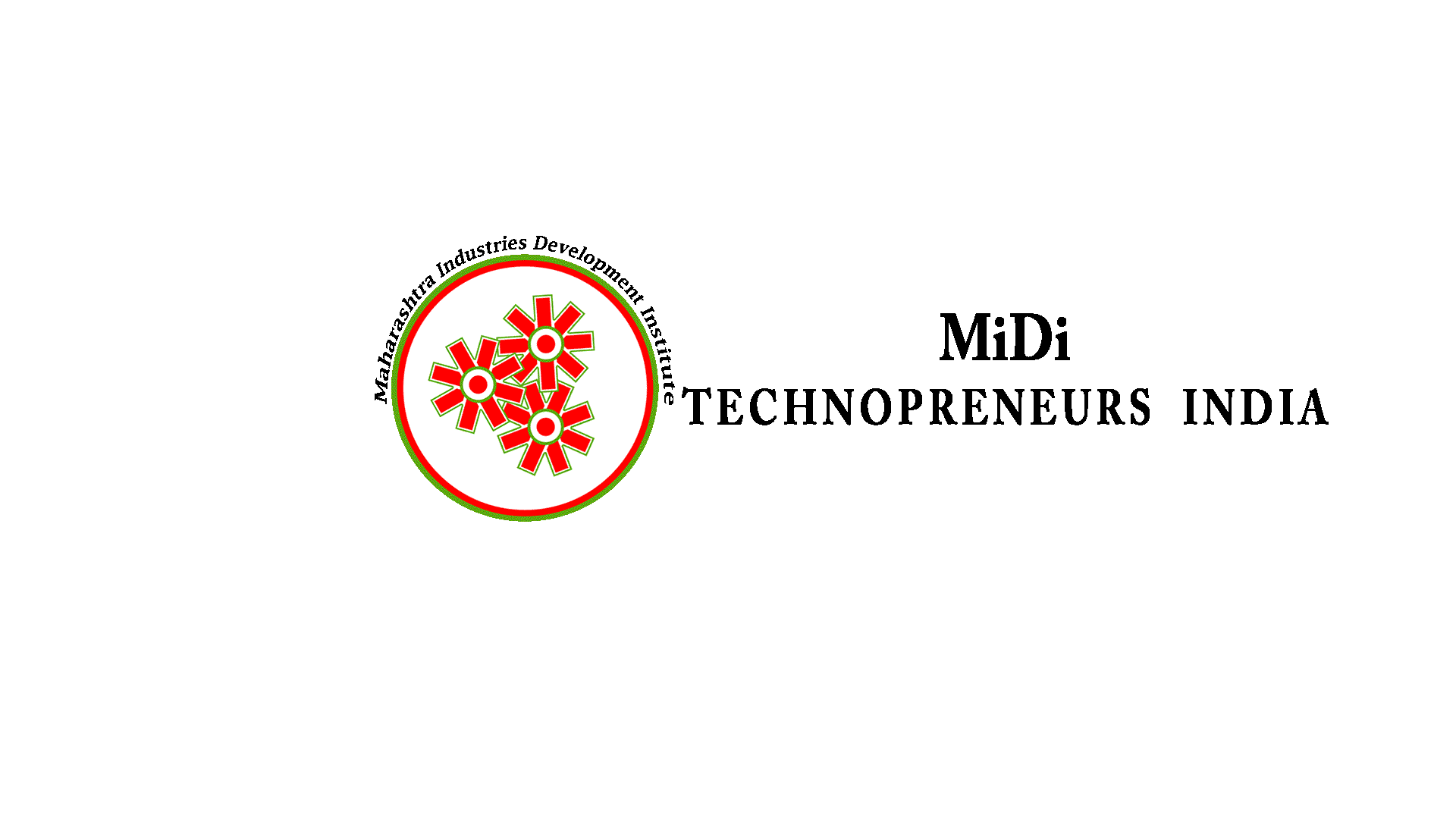Loan Facilitation & Syndication Services


MiDi Provides Bank Credit facility to sustainable MSMEs. To meet the credit requirements of MSME units MiDi has partnership of various Nationalized Banks. Through syndication with these banks, MiDi arranges Secured & Unsecured Loan for credit support (fund or non-fund based limits) from banks as earliest. All documentations pertaining to completion and submission of a credit proposal to banks shall be undertaken by MiDi thereby saving time to MSME.
MiDi has built a formidable presence in the area of Loan syndication and project finance with an experience of over 8 Years. As the lead arranger, MiDi has arranged both Secured as well as Unsecured Loan Through out the country for various sectors such as Manufacturing, Service Industry, Exporters, Infrastructure, Trading, Real Estate, Healthcare, Hospitality and Agriculture.
We provide a comprehensive suite of advisory services packaged with resource raising. Our project syndication division is developed uniquely to bridge the separation between the promoters and lenders through its understanding and experience in the area. Our expertise provides only the best to the Entrepreneurs and corporate, enabling them to take care of their business, stress free, helping them raise funds from banks.
Loan Syndication Services
A term loan is a monetary loan that is repaid in regular payments over a set period of time. Term loans usually last between one and ten years, but may last as long as 30 years in some cases. A term loan usually involves an unfixed interest rate that will add additional balance to be repaid.
Project finance is the long-term financing of infrastructure and industrial projects based upon the projected cash flows of the project rather than the balance sheets of its sponsors. Usually, a project financing structure involves a number of equity investors, known as ‘sponsors’, as well as a ‘syndicate’ of banks or other lending institutions that provide loans to the operation. They are most commonly non-recourse loans, which are secured by the project assets and paid entirely from project cash flow, rather than from the general assets or creditworthiness of the project sponsors, a decision in part supported by financial modeling. The financing is typically secured by all of the project assets, including the revenue-producing contracts. Project lenders are given a lien on all of these assets and are able to assume control of a project if the project company has difficulties complying with the loan terms.
Working capital is a financial metric which represents operating liquidity available to a business, organization or other entity, including governmental entity. Along with fixed assets such as plant and equipment, working capital is considered a part of operating capital. Gross working capital equals to current assets. Working capital is calculated as current assets minus current liabilities.If current assets are less than current liabilities, an entity has a working capital deficiency, also called a working capital deficit.
A Cash Credit is a short-term cash loan to a company. A bank provides this type of funding, but only after the required security is given to secure the loan. Once a security for repayment has been given, the business that receives the loan can continuously draw from the bank up to a certain specified amount.
Overdraft is an extension of credit from a lending institution when an account reaches zero. An overdraft allows the individual to continue withdrawing money even if the account has no funds in it. Basically the bank allows people to borrow a set amount of money.
A guarantee from a lending institution ensuring that the liabilities of a debtor will be met. In other words, if the debtor fails to settle a debt, the bank will cover it.
A letter of credit is a document from a bank guaranteeing that a seller will receive payment in full as long as certain delivery conditions have been met.
Venture capital (VC) is financial capital provided to early-stage, high-potential, growth startup companies. The venture capital fund earns money by owning equity in the companies it invests in, which usually have a novel technology or business model in high technology industries, such as biotechnology and IT. This is a very important source of funding for startups that do not have access to capital markets. Venture capital can also include managerial and technical expertise.
Equity capital that is not quoted on a public exchange. Private equity consists of investors and funds that make investments directly into private companies or conduct buyouts of public companies that result in a delisting of public equity. Capital for private equity is raised from retail and institutional investors, and can be used to fund new technologies, expand working capital within an owned company, make acquisitions, or to strengthen a balance sheet.
An unsecured loan is money lent from one party to another without any collateral to secure its repayment. In most cases, these types of loans are considered somewhat high-risk, since the lender does not usually have any way of forcing the borrower to comply with the terms or make payments on time short of legal action. For this reason, most unsecured loans carry relatively high interest rates and are often only available to those with strong credit scores.
Trading or selling a bill of exchange prior to the maturity date at a value less than the par value of the bill. The amount of the discount will depend on the amount of time left before the bill matures, and on the perceived risk attached to the bill.
Factoring is a financial transaction and a type of debtor finance in which a business sells its accounts receivable (i.e., invoices) to a third party (called a factor) at a discount. A Business will sometimes Factor its Receivable Assets to meet its present and immediate Cash needs. Forfaiting is a Factoring arrangement used in International Trade Finance by Exporters who wish to sell their receivables to a forfeiter.
Businesses require an adequate amount to fund startup expenses or pay for expansions. As such, companies take out business loans to gain the financial assistance they need. A business loan is debt that the company is obligated to repay according to the loan’s terms and conditions.
The loan against property refers to a situation in which the borrower takes a loan from a bank or financial institution where the security for the loan is a property that is owned by the borrower.
In every individual’s life there comes a moment where you urgently need a specific amount of money which can’t be covered by your savings. The amount can be needed for any personal reason like home renovation or vehicle repair, to pay unexpected medical bills, for wedding, travel, credit card outstanding balance transfer etc. Here the option of getting this desired amount via personal loan comes extremely handy.
In Short, MiDi provides hand holding support to prospective, budding and existing entrepreneurs through training,consultancy and by facilitating bank finance



